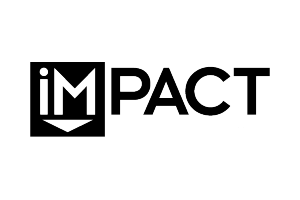Electronics Prices Surge After Chipmakers Hike Prices
By: SiliconExpert on July 27th, 2022
Major chip manufacturers like Intel, Qualcom & Marvell have begun informing customers of an increase in the price of many of their core products—and this price hike will be passed along to consumers.
We live in an era of ultra-connectivity. Nearly every device that we own is a computer. From your refrigerator to your car. This means that every time you buy a device that requires processing power, such as a new phone, laptop, or tablet, you’re also purchasing the chips that are critical to making your device function.
Since the onset of the COVID-19 pandemic, the electronics market has been in a global chip shortage that has upended manufacturing and production lines across the globe. Supply chain concerns have only been worsened by the Russia/Ukraine conflict, a global surge in energy prices, and raw material price increases.
Chipmakers Raising Prices
Major chipmakers including Intel, Marvell, TSMC and Qualcomm have notified their customers about price increases coming in the near future, with some coming as soon as August 2022. The primary reasons cited for these price increases is the continuing global chip shortage and further supply chain concerns.
Experts are anticipating an estimated increase of 10 – 20% in some cases.
Track Investments and Impact on your Supply Chain
Despite continued industry investment and efforts to combat supply chain disruptions, chipmakers are being forced to raise their prices.
SiliconExpert monitors industry changes in the market and alerts you to changes in your BOM. More specifically, when global manufacturers or chipmakers are forced to raise prices, and there is a direct impact on your supply chain and procurement risk.
With BOM Manager, you’ll be able to see BOM health risk alerts, which automatically notify users if the BOM contains parts at risk of disruption, whether inventory levels drop or if the part suddenly becomes unavailable due to obsolescence, compliance.
Explore the Topic

Industry News | Supply Chain
Rare Earth Elements: Finding Components That Minimize Impacts from Trade Restrictions
By Joe Corbisiero
on May 7, 2025

Industry News | Supply Chain
Navigating Changing Tariffs in the Electronic Components Supply Chain
By Joe Corbisiero
on April 22, 2025

Industry News | Supply Chain
China Bans Export of Gallium, Germanium, Antimony, & Graphite Materials to the United States
By Dwight Morse
on December 23, 2024
